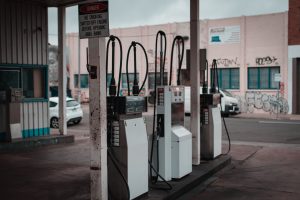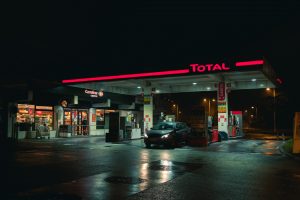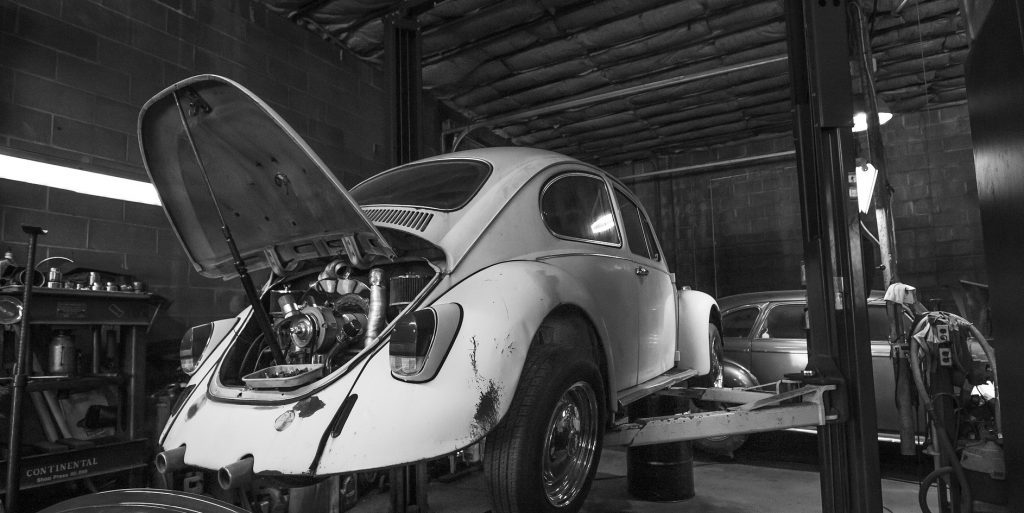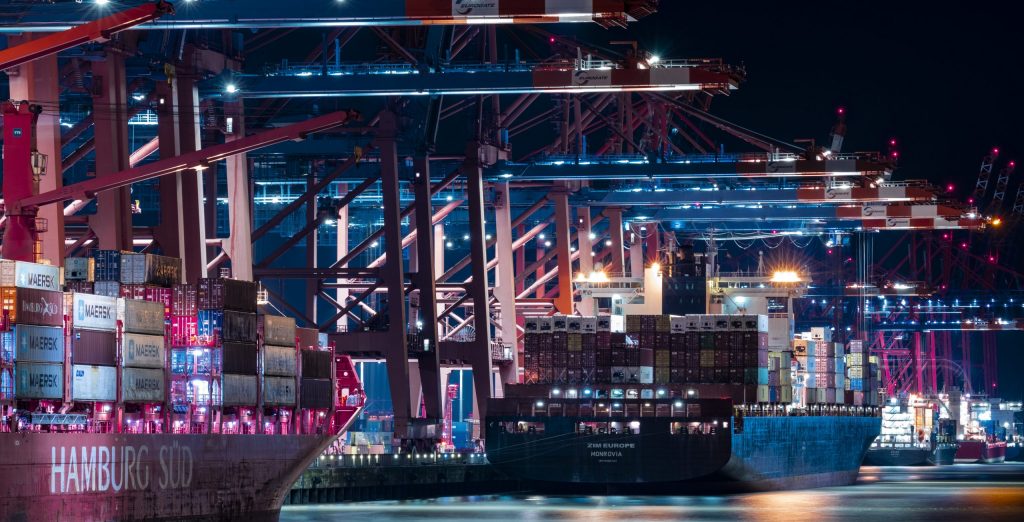It was an inevitable decision for Ahmed el Rayes, a 31-year-old owner of El Rayes Limousine Services, to change his four-car fleet to natural gas instead of petrol. “With petrol now at EGP 8 per liter, my costs would have been impossibly high. Also, my usual clientele can’t afford another price increase,” says el Rayes. “The majority of my clients ride from Sheikh Zayed to Maadi or New Cairo. Therefore, any increase to the fare will translate to a huge amount of money.”
He is not alone in converting his cars to natural gas after years of using petrol. According to the Ministry of Petroleum, the number of vehicles modified to use natural gas in fiscal year 2018/2019 was over six-times that in FY 2017/2018. “Running costs are 40 to 65 percent less when using natural gas,” says Sherif Hassan, General Manager of the Conversions Department at the Egyptian International Gas Technology Company (GASTEC). Khaled Saad, Secretary-General of the Egyptian Automobile Manufacturers Association, believes that the shift to natural gas has become a trend among a growing segment of car owners.
Dealers acknowledge that more car owners want to shift to natural gas. “Now, more than ever, buyers are asking about running costs and fuel consumption,” says Tamer Kotb, Commercial Director at Abu Ghaly Motors. “In some cases, it is the deciding factor to buy or not.” However, many are warning that engine performance and longevity may significantly deteriorate if the car is not pre-fitted with a conversion kit from the manufacturer.
The government, meanwhile, is committed to converting locally-registered vehicles to natural gas. “Egypt imports petrol but is fully self-sufficient when it comes to natural gas,” said Prime Minister Mostafa Madbouly after a July review on the conversion process for state-owned cars. “It is natural for us to start using locally-sourced fuels, and decrease our dependence on imported fuels.”

An old vision
The government founded GASTEC in 1996. It was the first specialized company in Egypt to offer privately-owned vehicles the option to switch their cars from petrol to natural gas. GASTEC also built the filling stations, which were either standalone stations or appended to petrol stations.
At the time, a new law was passed to directly subsidize the cost of the conversion and set natural gas prices. Currently, the conversion costs between EGP 5,000 and EGP 7,500, depending on the size of the natural gas tank. Those car owners pay EGP 3.5 per cubic meter of natural gas, which is equivalent to a liter of petrol, currently costing eight pounds.
The prospect of significantly reducing fueling costs drove demand, especially among taxi owners, leading five additional conversion companies to open in subsequent years. All six firms can collectively convert 50,000 cars a year. According to Hassan of GASTEC, by FY 2018/2019, over 267,000 natural gas-powered vehicles operated on Egyptian streets. According to a July report from the Ministry of Petroleum, 31,000 of these were converted in the previous fiscal year- a sixfold increase over the 5,000 reconfigured in FY 2017/2018. The plan for this fiscal year is to retrofit 40,000 cars.
Those cars underwent modification at one of 86 conversion centers and can be filled up in 190 natural gas fueling stations. There are currently 13 stations under construction, according to the Ministry of Petroleum.
The 2019 revisit

Aiming to increase further the number of cars using natural gas, the government announced several incentive programs in early 2019. Prime Minister Madboly introduced the initiative together with the central bank (CBE) and the Micro, Small, and Medium Enterprises Development Agency to give relaxed financing options to car-owners. During a July press event, Madbouly said the facilitation set interest for these loans at 5 percent.
He also said that the Ministry of Military Production is conducting feasibility studies to convert all public mass-transit vehicles and taxis to natural gas by 2022. For that, the government is working on several new laws. The first would prevent new government-owned cars and taxis from being registered if they don’t use natural gas. The second is to replace all public transportation over 20 years old with four-year-old, or younger, natural-gas-powered automobiles. “Phases two and three of the project targets taxis and passenger cars,” said Madbouly. Also on the legislative side, the Prime Minister noted that a third law is in the works to allow imports of natural-gas-powered cars with lowered customs tariffs.
The ultimate aim is to convert all vehicles using Octane 80 petrol or diesel fuel to natural gas by 2022. “The plan would cost us EGP 3.11 billion,” says Cabinet Spokesman Nader Saad. “However, it would save us an annual EGP 9.61 billion in fuel imports.”
To ease the conversion for car owners, the government is planning to build 100 natural-gas filling stations by 2022. By 2025, it would add another 150, according to Saad.
Skeptical dealers
Local dealers and assemblers acknowledge that an increasing number of passenger car owners in Egypt are enticed by the switch to natural gas to reduce refueling costs. However, it is still a niche market. “Our production facility can include the conversion kit for the cars we assemble,” says Gamal Amin, a board member at Al Amal Automotive Group, which assembles LADA and BYD models. “However, we are not building natural-gas-powered cars because there is no demand for new cars using natural gas. The conversions usually happen on older cars, where curbing running costs is a top priority.”
Those cars are usually over 15 years old, says Gamal. So they have most likely done over 150,000 kilometers. “With more refueling stations built in Upper Egypt, conversion demand for younger cars will likely boom. Especially after the recent increase in fuel prices, alternatives to petrol will be attractive in this low-income region,” says Gamal.
Mohamed Mourad, the head of Volkswagen’s commercial division in Egypt, has been in talks with VW in Germany to sell some of their natural gas-powered models locally. So far, he has been unsuccessful. “One of the major reasons is that the quality of local natural gas is less than that used by the designated VW cars,” he says. “That will hurt those cars’ engines.” Meanwhile, Mourad can’t press VW too aggressively on engine adaptation because demand is limited to older commercial vehicles, passenger cars, and taxis.
Meanwhile, Dynamics Distribution, the official agents of FIAT and Alfa Romeo, are also unlikely to import natural-gas or bi-fuel vehicles any time soon. “The carmakers we represent have both; petrol-only passenger cars and their bi-fuel alternatives,” says Emad Helmy, the company’s managing director. “They studied the market well, and concluded that their cars would work better and be overall cheaper to run and maintain if they were the petrol-only variants.”
A brewing dilemma
Local conversion firms, meanwhile, are hailing the shift to natural gas as one of the smartest decisions that a car owner can make. In addition to being over half as expensive to fuel, the exhaust of natural-gas-powered cars is not as toxic as that of petrol-powered vehicles. Additionally, the effective octane grade of natural gas is between 105 and 120. “That is the highest octane grade of any fuel in Egypt,” says Medhat Youssef, a former vice president of the Egyptian General Petroleum Corporation. That should mean low engine vibrations, more mileage between fill-ups and longer engine life. “It is the best options for cars in Egypt.”
Dealers, however, are warning against making the extensive engine modifications needed for the car to use natural gas, even if the vehicle is 15 years old. “The majority of cars since 2000 have engine control units (ECU), which are programmed to use petrol. They can just shut down if you put natural gas in the engine,” says Kotb of Abou Ghaly Motors.
Mourad, of VW, also points out that mechanics who worked at authorized dealerships have never dealt with natural-gas-powered cars. That means they are unable to fix such vehicles. Meanwhile, the tools, sensors, and software used to provide digital diagnostics for our cars are not designed for natural gas, and preclude proper operation,” says Mourad.
That is what has been bothering el Rayes, the limousine service provider who converted his four-car fleet to natural gas. “I knew that I would eventually face such a problem, even in regular maintenance,” he says. “However, I weighed my options, and it’s better to stay in business by making the shift.







